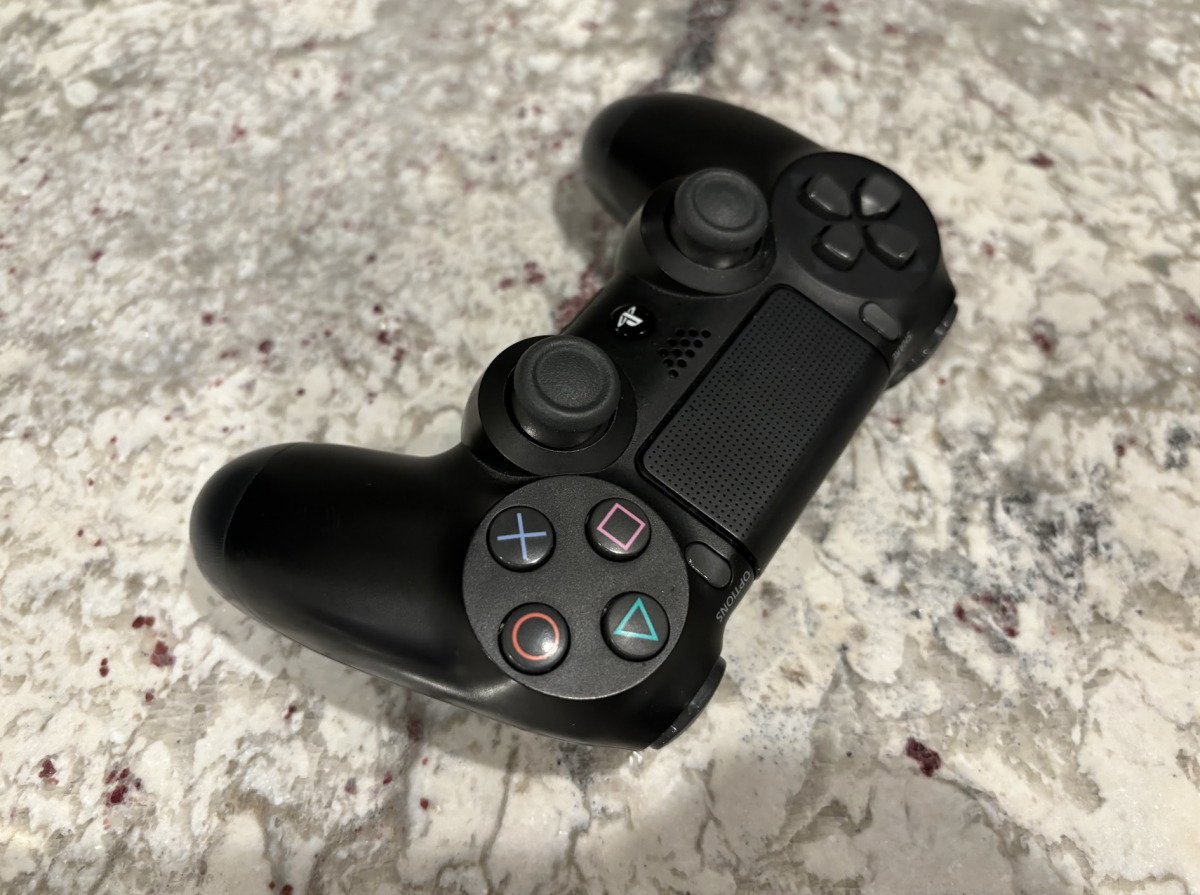Reaching mainstream popularity in the 1980s, video games have taken a huge prevalence in today’s society. With around 90% of American teenagers playing video games, the gaming industry poses issues to teenagers’ physical, mental and even financial health.
The video game industry is worth billions, attributable to teens and adults alike spending ridiculous amounts of money on their gaming setups and miscellaneous gaming accessories. Everyone always wants the newest console, controller, PC, keyboard, mouse, chair or headset. Additionally, consumers spend a large sum of money on in-game purchases.
Senior Caden Prybil lives in a household full of gaming technology. With three younger brothers who all spend large amounts of time gaming, Prybil’s family owns a Playstation 5, Playstation 4, three gaming computers and various other gaming accessories. His brothers have spent a large portion of their own money on their gaming accessories and in-game purchases.
Prybil, unlike his brothers, isn’t very into gaming. “I used to play video games a lot. I’d spent lots of time on Fortnite and Call of Duty and I spent money on them too. But, as I got older, I realized that it’s pointless to spend so much time and money on these games when I could be spending my time on self investment,” said Prybil.
In addition to the financial costs of gaming, studies show that excessive gaming can lead to all sorts of negative physical and mental consequences. Spending too much time sitting without exercising can lead to several health complications, such as increasing the risk of chronic heart problems. Excessive gaming can also lead to worse performance at school and work, irritability, anxiety and even elevated levels of anger.
Prybil additionally wanted to reduce his time on video games so he could live a healthier lifestyle. “I was able to recognize that it wasn’t good for me to spend so much time sitting around, so I decided to devote more of my personal time to getting healthier and stronger by lifting weights and running,” said Prybil.
Aside from the direct physical and mental consequences of gaming, spending too much time on video games can also come with opportunity costs. Every moment spent gaming could be spent on self-improvement. Instead of gaming, if one focused on getting exercise, studying and being productive, they would likely reach a higher level of success in the future.
Senior Jake Perkins believes that spending less time on video games has significantly helped him prepare for college. “When I was an underclassmen, I spent a lot of my freetime playing Fortnite with my friends. During my junior year, I started to realize that I need to be more productive and prepare myself for the future, so I stopped playing as often and began focusing on my schoolwork, which really helped me when it came time to apply to colleges,” said Perkins.
Although video games have a long list of negative consequences, they aren’t all bad. Video games are still a fun escape from stress and a great way to relax and have fun with friends.
However, it’s important not to get too absorbed into gaming. The simplest and easiest way to do this is to monitor screen time. Setting screen time limits helps to find a balance between fun and productivity. Additionally, it’s important to balance time gaming with time spent exercising one’s body and mind.
By finding the right balance, teenangers can still enjoy their time gaming while staying healthy and preparing themselves for a bright future.









